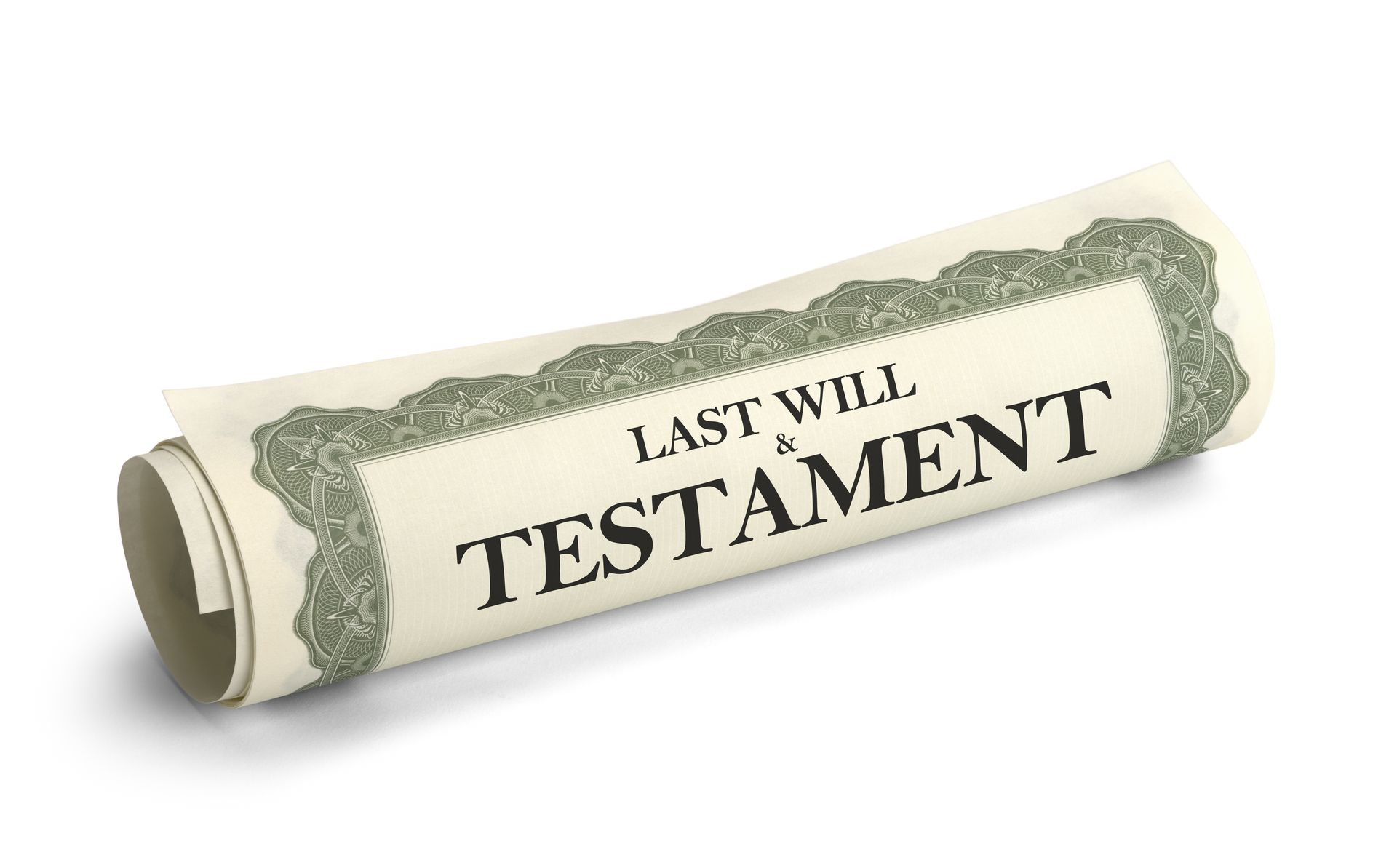The Law Offices of Bruce Peotter
Don't Wait Until It's Too Late
It's Never Too Early to Plan Your Estate
Wills Attorney in Highlands Ranch, CO and Tustin, CA
A global pandemic will change many things in life. This one appears to have spurred young adults to not only think about estate planning but to act on it. In fact, there was a 63% increase between 2020 and 2021 in the number of people ages 18 to 34 who executed a will or other estate planning documents. Unfortunately, the number of adults ages 35 and older with a will or estate plan decreased, and the bar was already low.
Every adult should have at least a will. Without one, families, state laws, the courts – everyone except you – decide what happens to your estate, no matter how small or large it is.
For more than 30 years, The Law Offices of Bruce Peotter has been helping clients in Highlands Ranch, CO, Tustin, California, and surrounding communities in both states craft estate plans that reflect their wishes. It is never too early to begin the process, but it can be too late.
Need Help With Your Will?
What Kinds of Wills Are There?
Wills must be executed by an adult who is 18 years of age or older with the mental capacity to do so. The maker of the will is the “testator.”
There are three types of wills:
- A simple will directs the distribution of your estate.
- A testamentary trust will creates a trust upon your death, giving fiduciary responsibility to a trustee to manage the assets of your estate.
- A pour-over will allows you to transfer your personal assets into an existing trust upon your death.
A will allows you to direct who you want to receive your assets and name an executor or personal representative to oversee the distribution of your estate. If you have minor children, you can name a guardian in your will and appoint someone to manage your estate on behalf of your minor children.
Commonly inherited assets include property that was held only in the testator’s name or their interest in jointly-held property. Assets that already have a named beneficiary do not need to pass through the probate process. Those would include things like vehicles or bank accounts with a transfer on death designation, or life insurance or annuities with named beneficiaries.
Why Is It Important for Me to Have a Will?
It is important for you to have a will because of what happens if you do not. Dying without a will is referred to as “intestate.” All wills are subject to the probate process. The probate court validates a will and oversees the executor’s administration of it.
If you die intestate, the state’s law of intestate succession dictates who inherits your estate. Usually, this includes a surviving spouse, children, parents, and siblings. If you didn’t want your parents to receive part of your estate, or if you wanted to leave your entire estate to a charity, for example, you have no choice. It is the court’s responsibility to carry out the relevant law.
What Are the Differences Between Wills and Trusts?
A will specifies how you want your estate distributed and who will serve as guardian of your minor children. It goes into effect upon your death.
A trust establishes a fiduciary relationship that goes into effect during the grantor’s life. The grantor is the maker of the trust. A trust may be irrevocable, which means it cannot be altered once it is fully executed, or revocable, which means it can. A trust appoints a trustee to manage the assets of the trust for the benefit of the beneficiaries named in the trust. Should the grantor become unable to take care of their own personal and business affairs during their lifetime, the trustee will manage them in the grantor’s stead.
Many people have both a will and a trust as part of their estate plans because they can serve different purposes. A will is subject to the probate process. A trust is not, which means the terms of the trust, its assets, and its beneficiaries remain private after the grantor’s death.
Wills Attorney in Englewood, CO and Tustin, CA
At The Law Offices of Bruce Peotter, we adopt a proactive approach to helping our clients document their wishes for their heirs and beneficiaries. We employ the strategies best suited to their individual needs and their goals. We have done so for hundreds of clients in Englewood, Colorado, and communities in and around Denver, and for those in Tustin, California, Irvine, Costa Mesa, Santa Ana, and throughout Orange County. Don’t put off estate planning until it’s too late. Call now.
It’s never too early to prepare your living will. If you’re ready to outline your wishes and organize your assets, we can make the process seamless and stress-free. Attorney Peotter will work with you closely throughout your will form to make sure you have a plan that covers all your wants and needs.
With our help, you can gain peace of mind knowing that your estate will be distributed properly according to your best wishes. Get in touch with us today to schedule an appointment with our wills attorney serving the Highlands Ranch, CO and Tustin, CA area.


